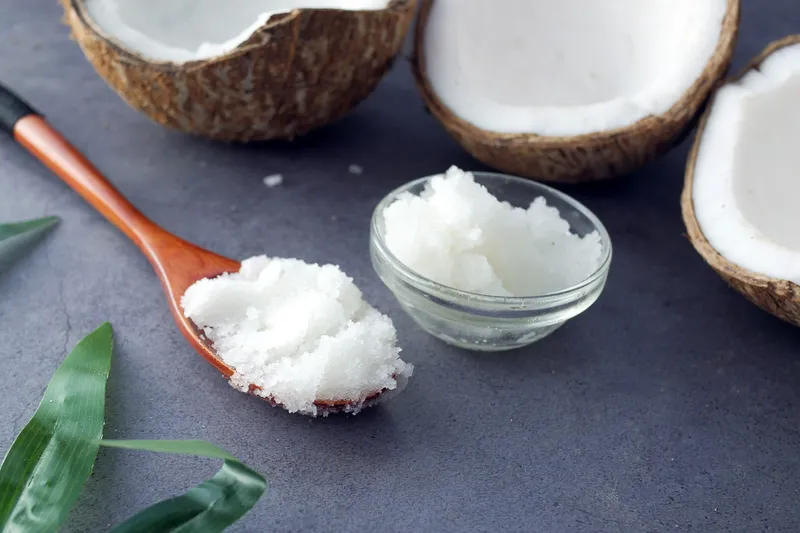
The leaves are changing colors and slowly falling. The smell of pumpkin spice and everything nice is in the air. Fall is approaching. Along with all those wonderful things come colder temperatures and less sun.
Many love this time of year, but for those living with psoriasis, it may not be as exciting. Colder temperatures lead to drier skin anyway, but can be even more drying for psoriasis. When the air is colder, there is less moisture and we turn the thermostat higher inside to be more comfortable, drying out the air inside as well. Here are some tips to prepare our skin for the changing environment.
There’s been research to show that drinking more water has a positive impact on your skin. This only makes sense, since water makes up most of the body and impacts its functions. The skin itself contains about 30% of water, so increasing water intake can contribute to moisture retention. You may have heard that you should drink eight glasses of water daily.
Another way to get enough water is by eating fruits and vegetables high in water such as watermelon, strawberries, cantaloupe, and cucumbers. Lettuce, soups, and celery are other ways to hydrate your body. Incorporating healthy fats such as avocado, coconut oil, and olive oil contributes to skin health as well.
Avocado contains vitamins C and E, which help protect the skin from environmental damage and add to the softness of your skin. Coconut oil is hydrating and helps the skin retain moisture. Olive oil has vitamin E, antioxidants, and other benefits such as squalene, for example, which is one of the compounds that make the sebum of the skin.
Along with hydrating the body properly, a great tip would be to limit items that can be dehydrating to the body such as alcohol and caffeine. Alcohol is a diuretic that can lead to excessive loss of bodily fluids, including electrolytes.
One study shows that alcohol may reduce vasopressin, which helps the body retain water. Excessive sugar leads to dehydration as well. Sugary drinks such as energy drinks, soda, or drinks with a lot of added sugar increase urination because of the relationship between sugar and water in our cells.
Making sure you stay moisturized daily helps with the dryness of your skin as well. I’ve found it beneficial to moisturize right after showering while my skin is still damp to help lock in the qualities of the products I use and seal the moisture.
Hot water can strip moisture and oils out of the skin, so it’s crucial to immediately moisturize the skin after taking a bath or shower. On average, the skin cell cycle is every 21 days. However, with people with psoriasis, the skin cells shed approximately every 3-4 days. Moisturizing helps repair the skin and helps you keep a youthful glow.
My favorite go-to is using a humidifier in my home. Humidifiers put moisture back into the air by releasing water vapor. Since we make sure our homes are warmer during colder months, a humidifier is a great way to impact the humidity indoors.
The one that I use is a combination of a humidifier and diffuser. I simply add distilled water and my choice of essential oils. This is a great way to add oils that may be great for the skin or stress such as lavender. I use it sometimes throughout the day but especially at night while sleeping. I have them placed throughout my home. This is an additional way to bring hydration back to the skin.
There are many ways to prepare the skin for changing weather. Try some of the ones mentioned above to see if you notice a difference.
Photo Credit: Collection Mix: Subjects/Getty Images






